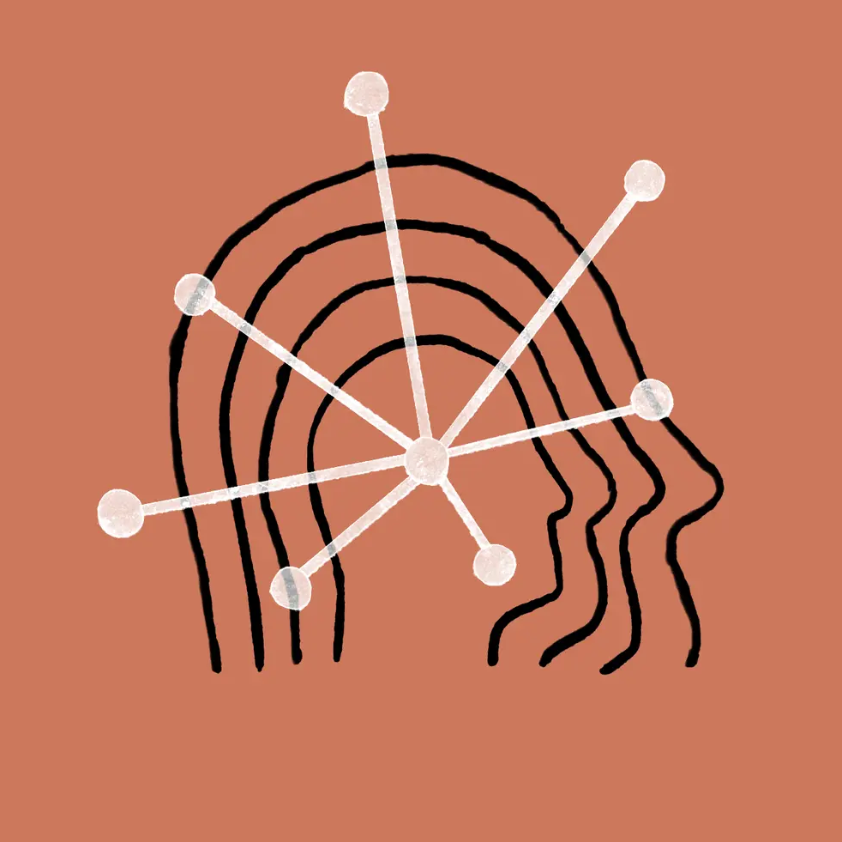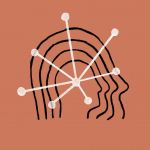Anthropic destroyed millions of books for AI training after purchase

In the lawsuit with Anthropic, information surfaced about how the company collected materials for training its artificial intelligence. This is a real special operation on a book scale!
First, the company simply borrowed 7 million books from pirate libraries. But then decided to act more legally and invited Tom Tervi. Former head of partner relations in Google’s book scanning project. His task sounded ambitious – to obtain “all books in the world” without legal complications.
After failed attempts to negotiate with publishers, Tervi’s team switched to direct purchases. For many millions of dollars, Anthropic acquired millions of paper books, often used ones. And then the most interesting part began!
To digitize these books, the company hired contractors who acted radically. From each book they removed the cover, separated it into individual pages, scanned them into PDF with machine-readable text. And destroyed the paper originals. Such “destructive scanning” is not new in digitization processes, but the scale is impressive.
On one hand, the books were honestly purchased. On the other hand, the fact of destroying millions of paper books makes one think about cultural value. And the ethics of such methods of obtaining data for artificial intelligence.





